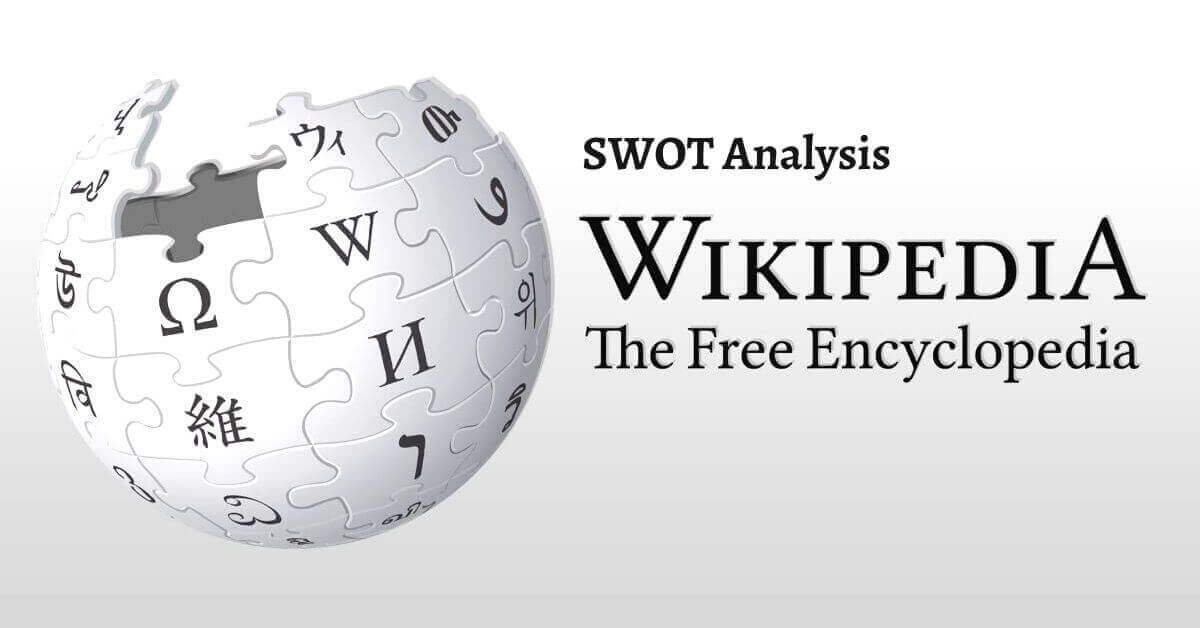Virgin Atlantic Airways Limited or Virgin Atlantic International Limited is a British airline company. The aviation company started its business in 1984 under the name of British Atlantic Airways. Today, we’ll discuss the SWOT analysis of Virgin Atlantic; it outlines strengths and weaknesses; opportunities, and threats that the company has to face; as a business strategy analysis example company.
Products and services portfolio of Virgin Atlantic
- Air travel
- Airport lounges
- In-flight meal service
- Cabin service
- Premium class service
- Business class service
Parent companies of Virgin Atlantic
- Delta Airlines (49%)
- Virgin Atlantic Limited by Virgin Group (51%)
Statistical facts and figures of Virgin Atlantic
- Annual revenue – 2.9 billion British Pounds (2022)
- Net income – -341.7 million British Pounds (2022)
- Employees – 7900
- Asset net worth – 3.1 billion British Pounds (2022)
- Fleet size – 41
- Destinations – 32
Competitors of Virgin Atlantic
- American Airlines
- Qatar Airways
- KLM
- easyJet
- Air India
- Qantas
- Finnair
- United Airlines
- Singapore Airlines
- Lufthansa
- Emirates
The SWOT analysis of Virgin Atlantic would analyze the internal strengths and weaknesses of the company; and external opportunities and threats that the brand has to face. Here’s Virgin Atlantic’s SWOT analysis as a business strategy analysis example company as follows;
Strengths of Virgin Atlantic
Some of the main internal strengths in the Virgin Atlantic SWOT analysis example company as business strategy analysis are as follows;
Large Fleet Size
Virgin Atlantic has a significantly large fleet size comprising 41 aircraft and they offer 35 destinations in various countries across the world. It allows the company to mass influx of customers during and off the season.
Satisfied Customers
According to an estimate, Virgin Atlantic serves approximately 5 million passengers annually. If you compare it with the company’s fleet size and destination routes, then the company serves a significantly large number of customers. It means that the customer satisfaction level is higher with the customer service and traveling experience of the airline.
Marketing & Branding
Virgin Atlantic invests a significant amount of capital resources in marketing and branding following the legacy of the company’s founder Richard Branson. The aviation brand employs multinational media channels to promote the luxury air travel experience.
Premium Status
Virgin Atlantic has achieved the status of a premium airline and the company targets affluent and business executive customers. In order to improve the premium luxury experience, the company has introduced various types of services like; private lounges, superior quality, and personalized services.
Tech Transformation
Virgin Atlantic also invests a significant amount of resources in the procurement of the latest technological transformation. It could be in the form of a new passenger service system, business support processes, a new system, and software. The objective of all these services is to improve the premium luxury air travel experience for customers.
Weaknesses of Virgin Atlantic
Some of the main internal weaknesses in the Virgin Atlantic SWOT analysis example company as business strategy analysis are as follows;
Incidents & Accidents
Virgin Atlantic had experienced a few incidents of emergency landing and emergency system stuck. The aviation company managed to keep the passengers safe during various incidents. Such types of incidents attract the attention of the media, and they negatively impact the reputation of the company.
Limited Market Share
Virgin Atlantic has a limited customer market share compared to other airlines and aviation companies. The premium class status is good for marketing, but it is limiting the company’s market share; because it pushes away many customers as being too expensive.
Limited Global Presence
Virgin Atlantic only offers 35 travel destinations, and it is very lower compared to other competitor’s airlines. It means that the airline is only operating its business in limited geographical regions and countries.
Opportunities for Virgin Atlantic
Some of the main available opportunities in the Virgin Atlantic SWOT analysis example company as business strategy analysis are as follows;
Market Expansion
Virgin Atlantic should consider expanding its airline services in the new geographical regions, countries, and new destination routes. It would help the company to amplify its customer market size and ultimately the market share.
Expanding Services & Routes
Virgin Atlantic should also consider starting an affordable air travel service for price and quality-conscious customers. It would help the company to tap into a very large segment of the price-conscious economy-class customers market. It amplifies the customer market share of the airline brand to a great extent.
Threats to Virgin Atlantic
Some of the main potential threats in the Virgin Atlantic SWOT analysis example company as business strategy analysis are as follows;
Competition
The aviation industry has become highly competitive in recent years. There are multiple airlines offering the premium luxury air travel experience to the customers at the same price. Virgin Atlantic needs to offer new services, discounts, loyalty programs, and something special to attract and retain the attention of customers.
Fuel & Labor Cost
The fuel cost and minimum labor payment have been increasing significantly for the past few years. It is good for the work, but it is decreasing the company’s revenue stream and profitability. With limited resources at hand, Virgin Atlantic won’t invest and fund development projects of the existing aircraft like repair, maintenance, and upgrade.
Conclusion: Virgin Atlantic SWOT Analysis Example Company |SWOT Analysis of Virgin Atlantic |Business Strategy Analysis
After an in-depth study of the SWOT analysis of Virgin Atlantic; we have realized that Virgin Atlantic is the world’s leading British airline. If you are learning about the Virgin Atlantic SWOT analysis example company; then you should keep in mind the abovementioned internal strengths and weaknesses; external opportunities and threats as brand strategy analysis.

Ahsan Ali Shaw is an accomplished Business Writer, Analyst, and Public Speaker. Other than that, he’s a fun loving person.


